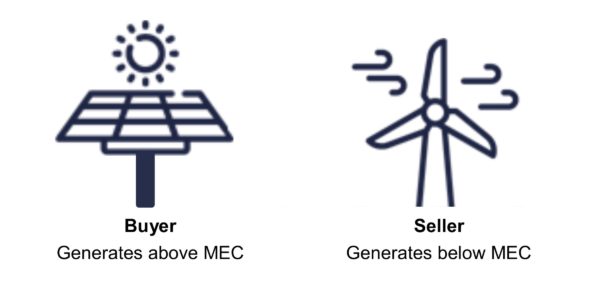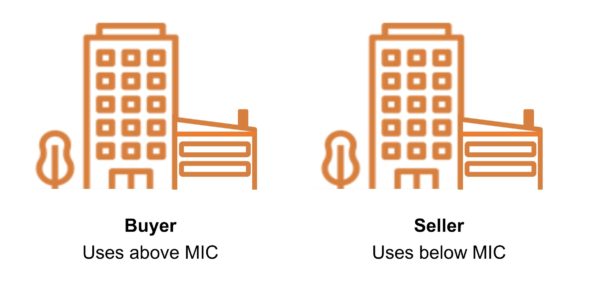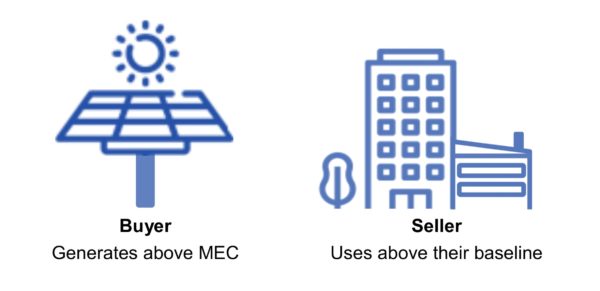Peer to Peer flexibility trades
Note: As part of the recruitment process for trail participants; TRANSITION developed extensive resources, explaining key concepts of flexibility markets to a wide ranging audience. Our plain English explanations are a great resource for those interested in replicating our trials.
“We will be trialing a range of different flexibility services and Peer to Peer (P2P) services. The P2P trials will allow customers to trade electricity capacity in order to help GB’s networks reach Net Zero at lowest cost to consumers.
These P2P services will allow customers who have spare capacity to sell that capacity to those who want to deliver more generated energy to the network or increase the amount of energy they use, above their contracted capacity levels.
In our trials we will be trialling two types of P2P flexibility services
Exceeding Maximum Import Capacity (MIC) & Exceeding Maximum Export Capacity (MEC)
Network capacity is the amount of power (in kW) than can be exported (dispatched into the network) by a customer or imported (taken from the network) by a customer at a specific connection point. This is usually specified as Maximum Import Capacity (MIC) or Maximum Export Capacity (MEC) in the connection agreement the customer has with their Distributed Network Operator.
a) Exceeding your maximum export capacity
If a generator (or energy storage operator) wants to exceed the amount of electricity they can export onto the network (specified in their MEC), they can do this by buying a service from another generator who agrees to export less than their agreed capacity. This is an Exceeding MEC service.

b) Exceeding your maximum import capacity
If a consumer wants to exceed the amount of electricity, they import i.e. their demand on the network (specified in their MIC), they can do this by buying a service from another energy user who agrees to import less than their agreed capacity This is an Exceeding MIC service.

This service allows a generator (or energy storage operator) to exceed their Maximum Export Capacity i.e. to dispatch more energy to the network than in their agreement, by trading with a peer who agrees to use more energy than they would normally use (only in rare circumstances would this be above their MIC).
The amount of electricity a consumer would ‘normally use’ over a given period is referred to as their ‘Baseline’.
Offsetting capacity
This service allows a generator (or energy storage operator) to exceed their Maximum Export Capacity i.e. to dispatch more energy to the network than in their agreement, by trading with a peer who agrees to use more energy than they would normally use (only in rare circumstances would this be above their MIC).
The amount of electricity a consumer would ‘normally use’ over a given period is referred to as their ‘Baseline’.

Are there any technical requirements for taking part in a P2P trade service?
Yes. For the purpose of these trials the two peers must be connected in Oxfordshire within the same part of the SSEN network (SSEN will confirm if you are unsure) and you should have;
– an import capacity greater than or equal to 69kVA; or
– an export capacity greater than 30kW
For these flexible market trials, you must also have the formal written agreement of SSEN as the Distributed Network Operator prior to engaging in any P2P service above your contractual MIC or MEC. If you wish to increase your MIC or MEC through the trials, you will be provided with a ‘Temporary Capacity Variation Notice Request Form’ following the successful registration of your asset following the submission of your asset qualification form.


